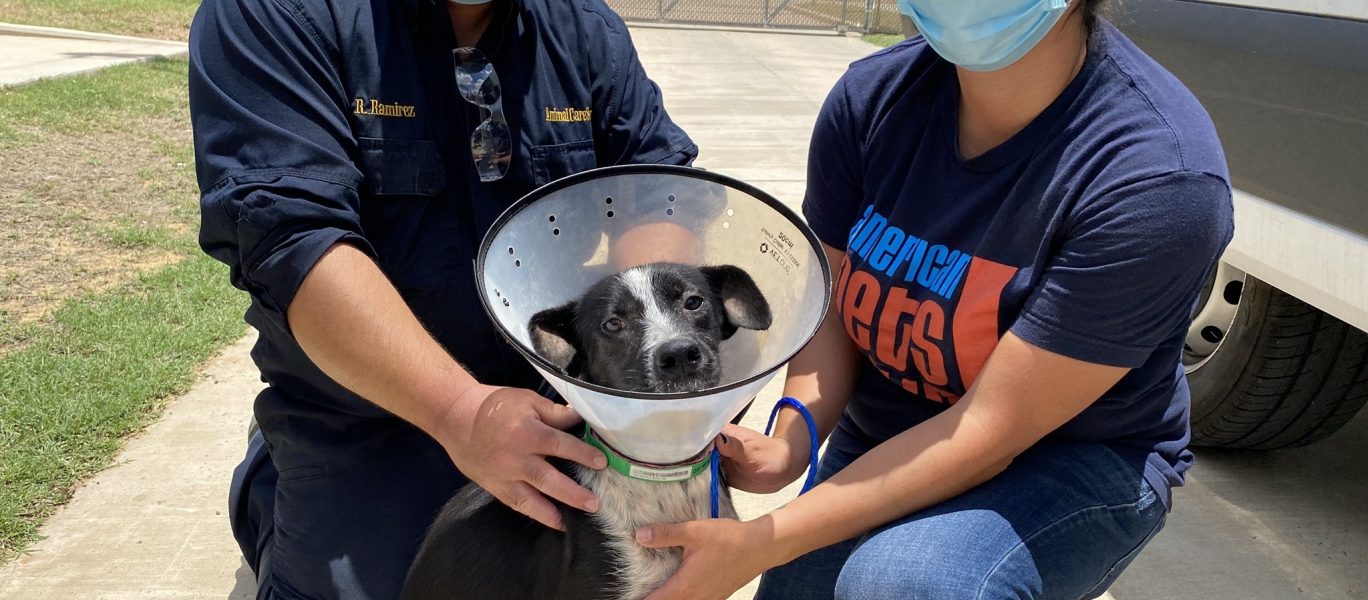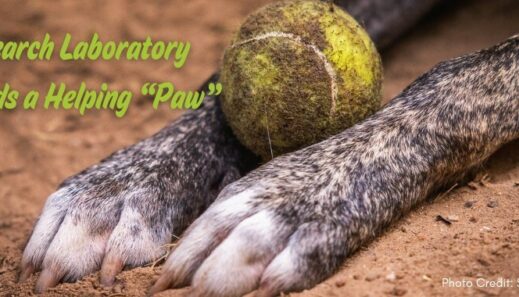
Each year, we save thousands of lives of pets right here in Austin and Travis County, and in the counties immediately surrounding Austin. We also provide support, education, and animal transport guidance to shelters all over Texas and beyond. Our ultimate goal is to focus on animals who, without APA’s help, would die or face being killed in a shelter. For this reason, we ask shelters we support to do everything they can to keep as many pets as possible in their homes and communities, in order to reduce shelter intake. We also ask that they learn and follow American Pets Alive! best practices, in order to save as many lives as they can and to serve as many pets as possible within their own cities and towns.
Consultations: Our American Pets Alive! instructors are proven professionals, with a decade or more of experience in the animal welfare field. We offer consultative support for shelters, in order to make recommendations to streamline operations, increase lifesaving, prevent needless pet intakes, and keep all shelter pets healthy. If our team does help your organization transport pets OR if we ‘pull’ animals from you into our organization, we ask that you receive and implement recommendations from our AmPA! team so you can achieve long term solutions to the root causes of the challenges in your organization.
Transport: If your shelter faces chronic overcrowding and you are severely limited on resources to save them, our team can assist you in finding viable transport solutions. Transport is not a ‘magic’ solution to difficulties faced by underfunded, high-volume shelters, but it can be tremendously helpful for some organizations. Here is an example of how El Paso Animal Services is utilizing transport to prevent overcrowding. Reach out if you have a question about how we can help you create a transport relationship with a receiving shelter, get connected to existing transport solutions, or ask anything else about transport.
Transfers to Austin Pets Alive!: In some cases, we may be able to take animals into our organization, with most pets arriving in Austin and heading immediately to loving foster homes. We primarily focus on animals who do not have any other viable options, including pets with contagious illnesses, injured and sick animals, pets with special needs, and in some cases, pets who are otherwise healthy but face imminent euthanasia for any reason. These spaces are very limited, and the need always exceeds our ability to help. If you need help, or are an organization that wants to contribute to our efforts, contact us.
What we ask our partner organizations: Thanks to the generosity of Maddie’s Fund Family Foundation, as well as the tireless support from our Austin community, we are able to offer support and guidance free of charge. Our team is made up of just a few folks and we’re aiming to help organizations all over the nation, so we ask our partners to be part of the solution. If we assist your organization in any way, we ask you to commit to the following:
What AmPA!-supported shelters have to say:
“AmPA! brings hope. Animal Welfare is a very emotional and lonely existence. Even with us all being in the same field of work, AmPA! gives validation and hope to our everyday lives at the shelter and on the streets.”
“Our live outcomes have changed drastically! Before AmPA! training our local shelter was as 33% live release, since June 2019 it has been at 90+%!”
“The best part of AmPA! visits is how inspired our staff is after they leave. We are a rural small non-profit so being able to see the big picture has been game changing for our team.”
“I appreciate that you provide one on one conversations to help with specific questions and problems in OUR shelter. It's better than doing research because a live person is hearing your issues and giving ideas on what to do next.”
“Our staff LOVES when AmPA! staff visit. All the AmPA! staff who have visited us are members of our internal organizational page and often participate. Our team gets so excited when they visit and everyone learns so much while they are here. Most of our staff have had no prior exposure to the national scene so feeling a part of a larger movement has been great for their self-identities and commitment to our organization. The presence of AmPA! staff has been invaluable.”


